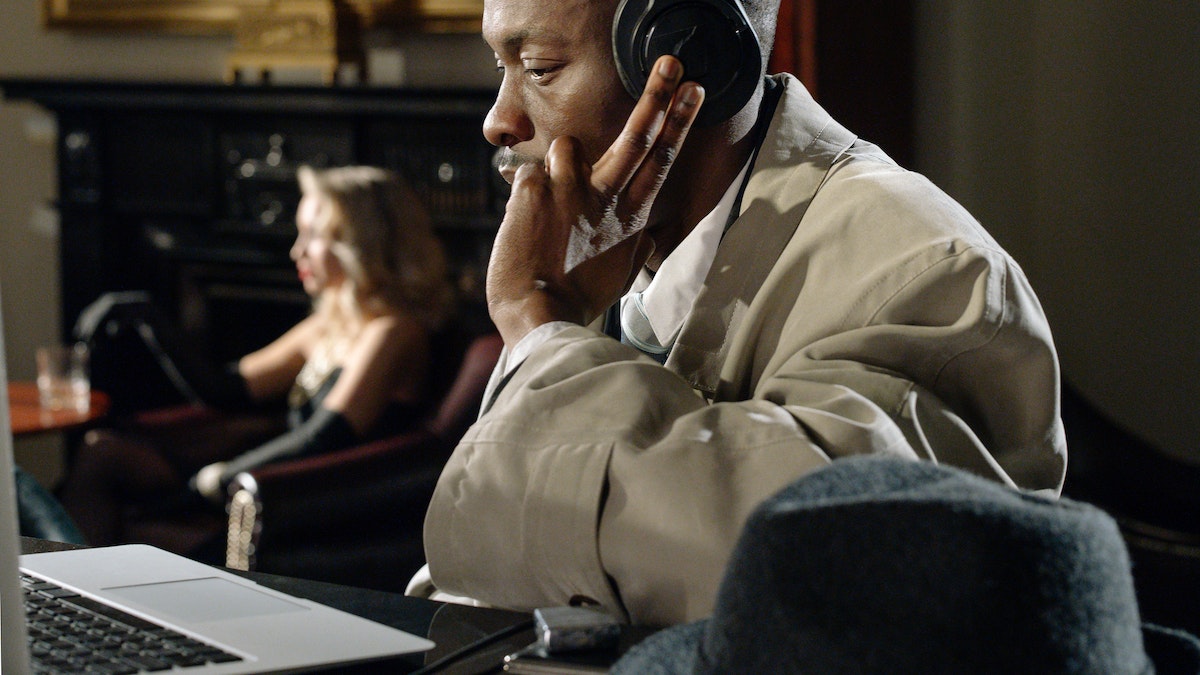When choosing a private investigator, you might be wondering what skills they should have to be good, as it’s not a common occurrence to hire one. Most people will share who does the yard work for them, but won’t talk about who they hired to do surveillance on their spouse.
So, to help you, here are 7 skills to look for in a private investigator.
Table of Contents
1. Extensive legal knowledge
Private investigators must know about the law. They are supposed to be savvy about statutes, acts, and codes that are relevant to their work. The provincial training they receive to get their license educates them on these legal topics. Also, private investigators usually present evidence in court, so it’s important that they know how to do this.
2. Tech Proficiency
It’s of utmost importance that a private investigator is tech-savvy. It’s pretty much impossible to do this job without using technology. Surveillance equipment, for both video and audio, is a must in the business. Also, knowing how to use GPS trackers, as well as going through digital databanks is a must.
3. People Skills
It’s very important that a private investigator knows how to communicate well. Their clients will benefit from them being empathetic and understanding of their needs. This skill is also necessary while interviewing people or collaborating with law enforcement. A private investigator’s communication skills will set them up for success in their job.

4. Confidentiality
Prudence is a very valued skill in a private investigator, considering they’ll be handling very serious information. Although they’re not tied to confidentiality agreements like doctors or lawyers, it’s very important that private investigators don’t share the information they’ve gathered. To assure their clients they’re dealing with a professional, a lot of private investigators have confidentiality policies so you know you can trust them with any kind of information they may gather.
5. How Quickly They Answer
It’s extremely important that a private investigator is very responsive and doesn’t take time to answer your emails or calls. Managing cases quickly and competently helps clients feel at ease. It’s important to make sure you have ways to communicate with a private investigator 24/7. They know things might come up and usually offer this service.
6. Great observational skills and patience
Attention to detail is essential in a private investigator. A lot of private investigations are about surveillance. It is key for a private investigator to know what clues they are looking for to determine what is going on. It’s common that private investigators will only know what they’re looking for after many hours of surveillance. It’s important that they write down daily observations as this will help them see patterns they otherwise wouldn’t have seen.
Also, these logs will help them in the future to recall important information for their clients. Patience is also key because most cases won’t be solved immediately. There will be obstacles and it’s important to not give up. From going through a lot of information in databases to having trouble interviewing key people for the case, patience is crucial.
7. Resourcefulness
A private investigator should be able to use all the resources at hand and be able to improvise if it comes to it. As a result of new technologies, it’s now easier (and quicker) to get important information for a case. It’s important that a private investigator knows how to search a public record. They should also know how to go into driving and criminal records, as well as employment history databases to locate any information they need for their cases.

Alex is fascinated with “understanding” people. It’s actually what drives everything he does. He believes in a thoughtful exploration of how you shape your thoughts, experience of the world.



